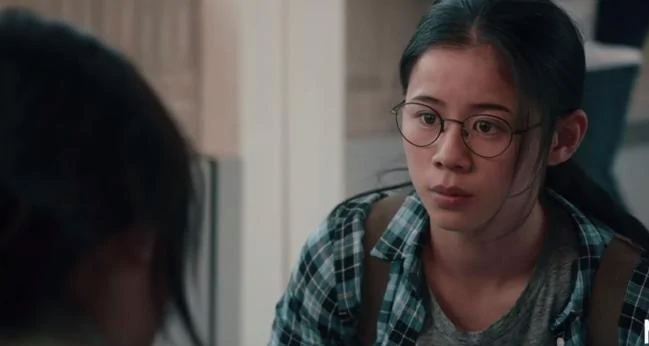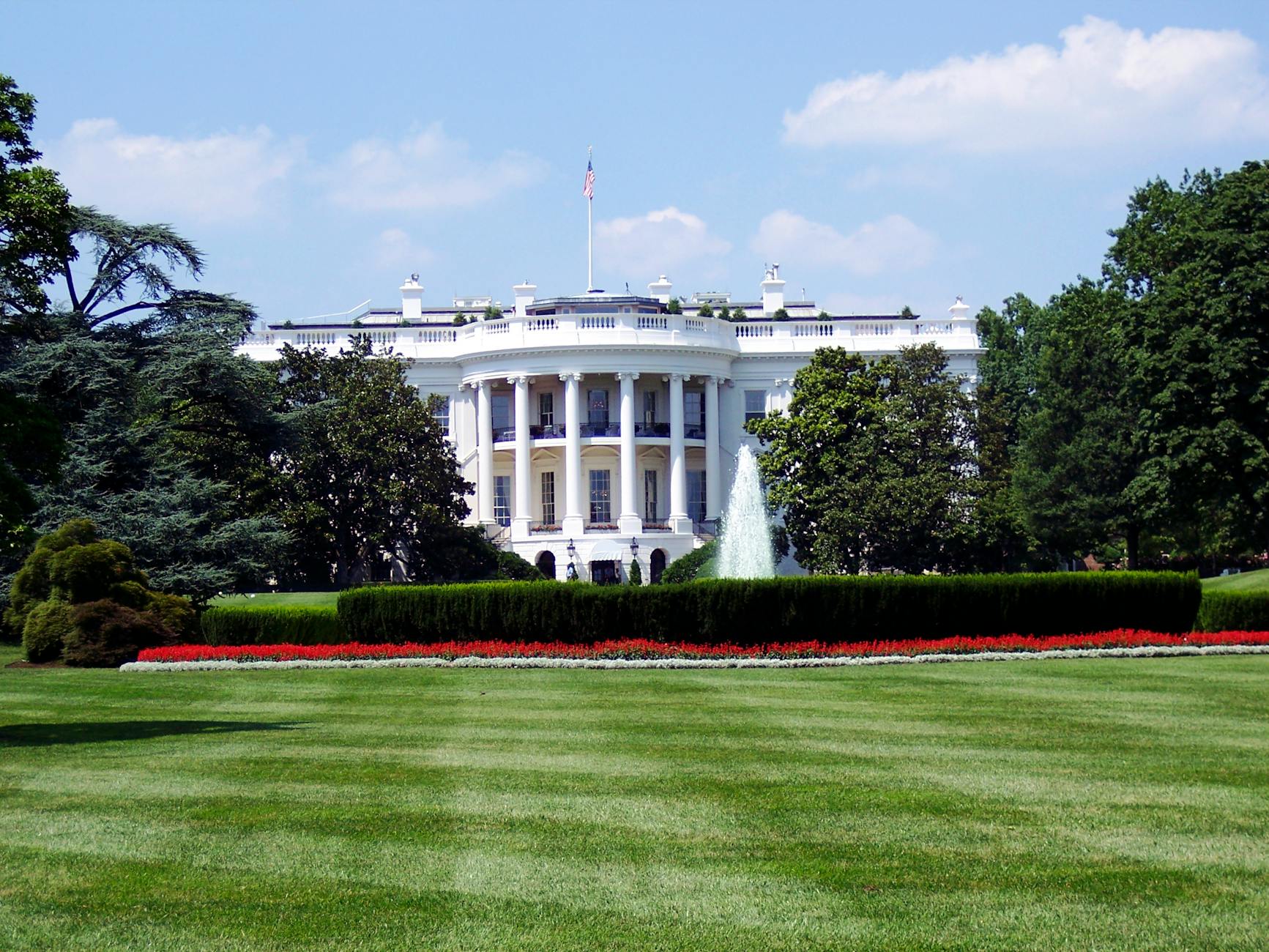
By Guest Contributor: Bessie Chu
I have some probably unpopular opinions about the Aziz Ansari misconduct story. And I’m calling it misconduct because – at least for me – what Aziz did doesn’t fall under the category of a sexual assault. Maybe I’m blinded by my love for Master of None, but I can’t put him in the same category as Harvey Weinstein or Larry Nassar. In particular, Nassar’s horrifying abuse of generations of Olympic athletes shows that even our country’s greatest champions couldn’t escape all of this; never mind, then, the countless working women whose faces will never grace CNN cameras, Time magazine covers, or red carpets.
I believe Grace. I believe her pain; and, I believe she was overwhelmed; and, I believe Aziz crossed a line. And, when I look at the story — which I think Babe.net handled irresponsibly — it seems like the whole encounter likely brought up prior trauma from Grace. So, she froze. This is really common and it is something we – all of us — have to consider when we’re in the bedroom. Aziz should have stopped. Even if the story is more complicated, I can’t with these editorials calling Grace a weak woman for not ‘resisting harder,’ especially when a lot of times ‘resisting harder’ escalates to full-on violence. Grace isn’t just a hapless victim or a snowflake, but Aziz doesn’t get off scot-free either.
Justice needs to come like a hammer for people like Larry Nassar and Harvey Weinstein. But, I can’t write Aziz off the way I can write off Louis CK or even Al Franken for creating environments and cultures where women’s careers were harmed, and where women were devalued. Perpetuating these structures cause material harm. It’s literally taking away people’s ability to earn money and to develop to their full potential. I’ve spent a lot of my career working in male-dominated environments; this is something I take very personally. I will be fighting for equal pay and treatment for the rest of my career, and most likely my life; and, so too will most women.
To me, #MeToo has been primarily about work and power, not about sex. There’s been a flurry of editorials written by some women, lamenting about how we’re in a sex panic and we’re killing romance. Call me crazy, but I feel like coercion totally isn’t romantic. Mutual consent and having two people be totally into it is way hot, no?
But I think we’re at an inevitable discussion that must be had as we experience a shift in our culture around our expectations about sex. Aziz can’t really go back to his fun harmless feminist silly personality, but I think the part that makes us most uncomfortable is how often stories like Grace’s happen. And plenty of men, including men we consider decent good guys — and even those who act like woke feminists — cross the line all the time. Basically, every woman has had an experience like this. We all know men who’ve done these things. Plenty of women are happy to throw other women other the bus for not adhering to their standards of strength and propriety.
I don’t think there are a lot of gray areas when it comes to workplace harassment and power dynamics, but there are some other gray areas in our culture that I don’t think we have a toolbox to really deal with. It’s stunning, but it’s kind of a bleak reality that a lot of men don’t know (or worse, don’t want to acknowledge) where the line is. This could be a teachable moment if Aziz and the rest of us want to embrace it.
For women, we’re at a moment where it’s like an iron curtain has fallen. We’re all at a crossroads with different directions for us to go. The Women’s March, and now the multiple permutations of what’s sprung from it, #metoo, and all of our specific causes and specific feminisms: all of this feels like uncharted territory. I know a lot of women deride the former two movements as mere White feminism, but personally I’m really not there for that. If we’re not at the table, we’re on the menu. I’m won’t just go about criticizing unless I’m creating too. Constructive critique is needed in these movements. Destructive criticism for the sake of woke performance is something I’m over. I see too much of that and have participated in it myself, and while a lot of the sentiment is justified, how much of that has made our lives better? That’s become the more important question to me. And honestly, I don’t want just a seat at the table. I want the whole damn building. And maybe burn it down to create space for something new.
None of us can go back to the way it was before. If there’s any silver lining to our exit from the complacency of the Obama years and our entry into the resistance of the Trump era where we must now fight back against the larger forces of xenophobia and authoritarian regression worldwide, it is that the larger public is finally realizing that they have to take ownership of the future we want to live in. And while this is infuriating to oppressed groups who have been fighting these battles long before knitting pussy hats became a thing, this is the here and now.
Nobody is coming to save us but us. I love Obama but we should have never treated him like a savior or assumed that progress was a given. In fact, we failed him and ourselves but not voting and fighter harder for progressive causes the years he was in office.
The road ahead isn’t about embracing the extremes, but about asking ourselves and talking about the really hard questions in a way that’s considerate of others. And by that I don’t mean handling White people’s feelings with kid gloves or that sort of appeasement. I don’t know why statements such as that often get interpreted that way. I mean we need actual thoughtful and difficult intersectional actions (not just words) that I guarantee won’t make everyone happy or feel comfortable, but which will help us collectively build a better society.
I’m still not sure what to do with Aziz exactly, but I’m okay to move onto changing our culture and building our future.
Bessie Chu is 30-something Taiwanese-American Product Manager living and working in New York City. She grew up San Gabriel Valley, in what was once called “Little Taipei” and now called “the 626.”
Learn more about Reappropriate’s guest contributor program and submit your own writing here.


